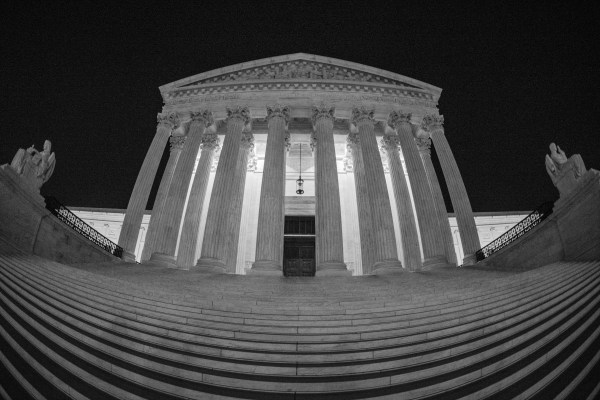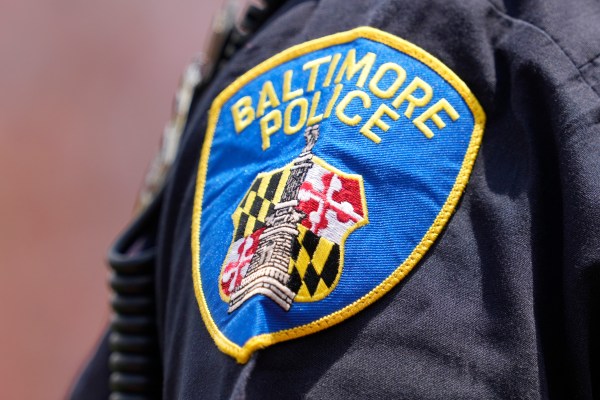
Here the People Rule, and So Does the Law
As it happens, the relationship between courts, the rule of law, and the rest of government was a central focus of the Declaration of Independence. After the Declaration’s famous opening passages, as the document turns to an indictment of King George III’s misdeeds, the list starts with his abuses of legislative powers but then moves to his abuse of the courts. “He has obstructed the administration of justice, by refusing his assent to laws for establishing judiciary powers,” the signatories announced. “He has made judges dependent on his will alone, for the tenure of their offices, and the amount and payment of their salaries.” … When the colonies won independence, they were able to restore judicial independence, to varying degrees, on a state-by-state basis. But federal law, such as it was in the initial confederacy, still was subject to the states’ own whims and preferences, because the Articles of Confederation provided for no federal judiciary except for courts for the trial of “piracies and felonies committed on the high seas.” In all other respects, an interstate rule of law would depend on each state giving “full faith and credit” to “the judicial proceedings of the courts and magistrates of every other State.”

The Republican Jewish Coalition: David Becomes Goliath
A few days after taking the speaker’s gavel, Rep. Mike Johnson was in Las Vegas attending his first-ever Republican Jewish Coalition gathering, the group’s annual leadership conference, frequented by some of the party’s most prolific campaign donors and connected political activists. His appearance was punctuated by an efficient 15-minute address to the roughly 1,000 RJC members and guests who packed a convention center ballroom adjacent to the Venetian Resort. For the 40-year-old group, Johnson’s presence that weekend was validation. His decision to rush out to the conference—it was Johnson’s first public event as speaker—offered recognition of the RJC as both a fundraising juggernaut and effective grassroots organizer. More broadly, RJC leaders insist it suggests the group occupies rarefied air within the GOP hierarchy that few other party-aligned organizations can claim.

Why Murders in One of America’s Most Violent Cities Hit a Historic Low
Baltimore Mayor Brandon Scott first took office in December 2020, a year that saw 335 murders in Baltimore. The number of murders ticked to 338 in 2021 and remained stubbornly high at 334 in 2022. But then there was a dramatic drop: There were 262 murders in 2023, 202 murders in 2024, and the city is on pace to have fewer than 150 murders in 2025. What led to the big decrease since 2022? The most obvious inflection point was the defeat of Baltimore’s top prosecutor, progressive Marilyn Mosby, by moderate Ivan Bates. During the campaign, Bates promised to reverse Mosby’s non-prosecution policy for low-level offenders and to focus prosecutions on repeat violent offenders. Since taking office as state’s attorney in Baltimore, Bates has done just that.















